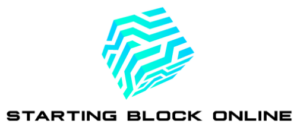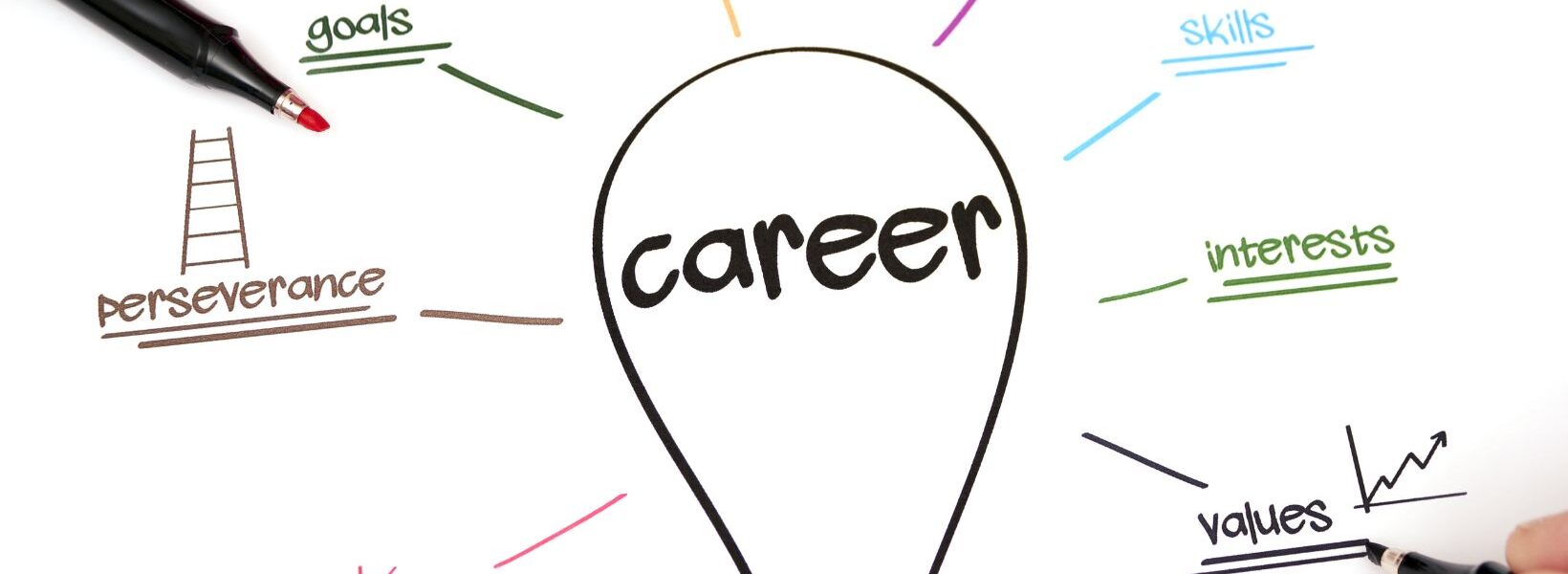Embarking on a career development program can be a transformative journey towards achieving your professional goals. With the right guidance and resources, I’ve witnessed firsthand how individuals can enhance their skills, expand their networks, and unlock new opportunities for growth. As someone who’s passionate about personal and professional development, I’ve delved deep into the realm of career advancement strategies.
In this article, I’ll be sharing valuable insights and tips on navigating the intricacies of a career development program. From honing your leadership abilities to mastering the art of effective communication, I’ll delve into the key components that can propel your career to new heights. Join me as we explore the power of investing in your professional growth and seizing the endless possibilities that a well-crafted career development program can offer.
Career Development Program
Career development programs are structured initiatives designed to enhance professional skills and capabilities, ultimately leading to career advancement. These programs offer a strategic approach to personal growth within an organization, providing employees with opportunities to expand their knowledge, develop new competencies, and align their goals with the company’s objectives.
In essence, career development programs serve as a roadmap for individuals seeking to progress in their careers, offering guidance on areas such as leadership development, skills enhancement, and goal setting. By participating in these programs, individuals can gain valuable insights, improve their performance, and position themselves for future success within their chosen field.
Key components of career development programs often include:
- Skills Enhancement: Opportunities to acquire new skills or refine existing ones.
- Mentorship: Guidance from experienced professionals to navigate career challenges.
- Networking: Building relationships with peers and industry experts.
- Goal Setting: Establishing clear objectives and milestones for career growth.
Engaging in a career development program is not just about acquiring knowledge but also about applying that knowledge effectively in the workplace. It’s a journey of continuous learning and self-improvement that can significantly impact one’s professional trajectory.

Importance of Setting Clear Goals
Setting clear goals is crucial in any career development program. Clear goals provide a sense of direction and purpose, guiding individuals towards their desired professional outcomes.
In such programs, setting SMART goals – specific, measurable, achievable, relevant, and time-bound – helps in creating a roadmap for success. When goals are well-defined, it’s easier to track progress, stay motivated, and make necessary adjustments along the way.
Having clear objectives also fosters accountability and commitment. It becomes easier to assess achievements, identify areas of improvement, and celebrate milestones when goals are established from the outset.

Building a Strong Professional Network
Networking is crucial for career development. Establishing meaningful connections opens doors to new opportunities, valuable insights, and potential collaborations. Here are some key points to keep in mind when building your professional network:
- Attend industry events: Networking events, conferences, and workshops are great opportunities to meet like-minded professionals and expand your network.
- Utilize social media: Platforms like LinkedIn are powerful tools for connecting with individuals in your field, joining relevant groups, and staying updated on industry trends.
- Informational interviews: Conducting informational interviews with professionals in your desired field can help you gain valuable advice and insights while expanding your network.
- Mentorship: Having a mentor can provide guidance, support, and access to a broader network of professionals.
- Give back: Offer help, advice, and support to others in your network. Building relationships is a two-way street.
By nurturing and expanding your professional network, you can enhance your career prospects, stay informed about industry developments, and access valuable support and guidance along your professional journey.
Enhancing Skills Through Continuous Learning
In my experience, continuous learning plays a pivotal role in professional growth. Here are key points to consider:
- Investing in professional development helps in staying competitive in today’s fast-paced work environment.
- Acquiring new skills and knowledge through workshops, online courses, certifications, and on-the-job training is essential.
- Adapting to new technologies and industry trends keeps me ahead of the curve.
- Networking with experts in my field helps in gaining insights and learning best practices.
- Feedback from mentors and peers is invaluable for identifying areas for improvement.
- Taking on challenging projects and seeking stretch assignments allows me to apply and enhance my skills.
By prioritizing continuous learning, I ensure that I am always evolving and adapting to the ever-changing demands of the professional landscape.





